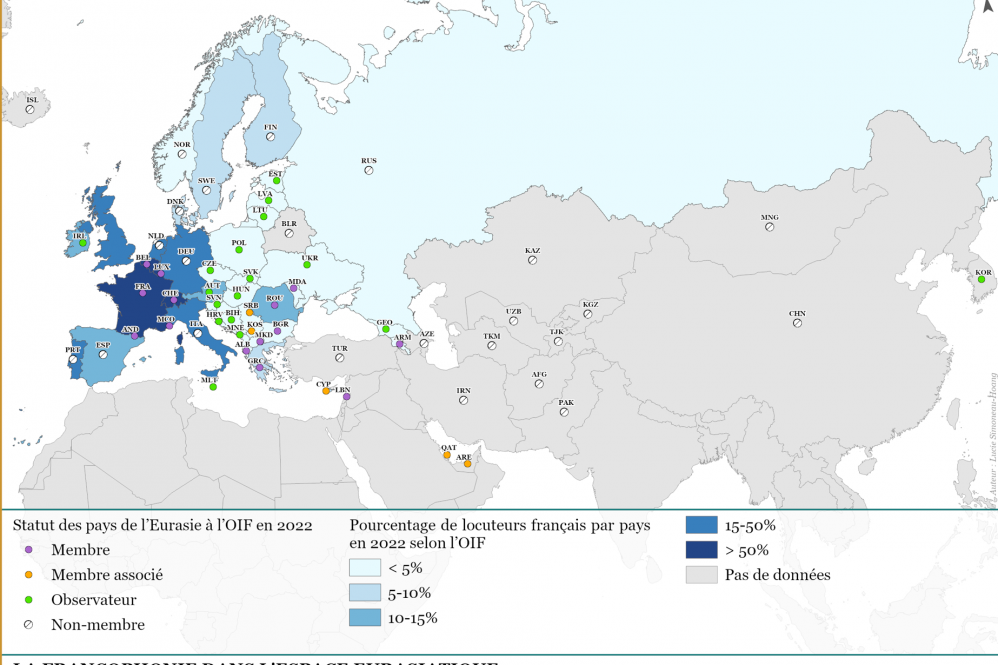In 2022, the International Organisation of The Francophonie organised the 18th Francophonie Summit in Tunisia, where issues of peacekeeping, economic development and promotion of the French language were discussed. Several high-level leaders attended the Summit, including the President of Tunisia, the Prime Minister of Armenia, French President Emmanuel Macron, and other politicians.
The Francophonie, a vast network of countries and communities united by the French language, embodies a rich linguistic and cultural heritage that spans the globe. Since its creation, the IOF has worked to promote and preserve the Francophonie, providing a space for cooperation and dialogue between its members. Over the decades, the IOF has evolved, adapting to the political, social and cultural changes that have shaped the Francophone world. What was the original purpose of creating the IOF? How did the Organisation evolve from a linguistic and cultural community to an international organisation of the same type as the United Nations?
This article explores the history of the Francophonie, the major projects of the IOF and the challenges that this international organisation has faced since its inception. From promoting the French language to highlighting political and security issues, let’s dive into the heart of this dynamic and ever-changing Francophone universe.
Vous devez souscrire à un abonnement EurasiaPeace pour avoir accès au contenu - Prendre votre abonnement





